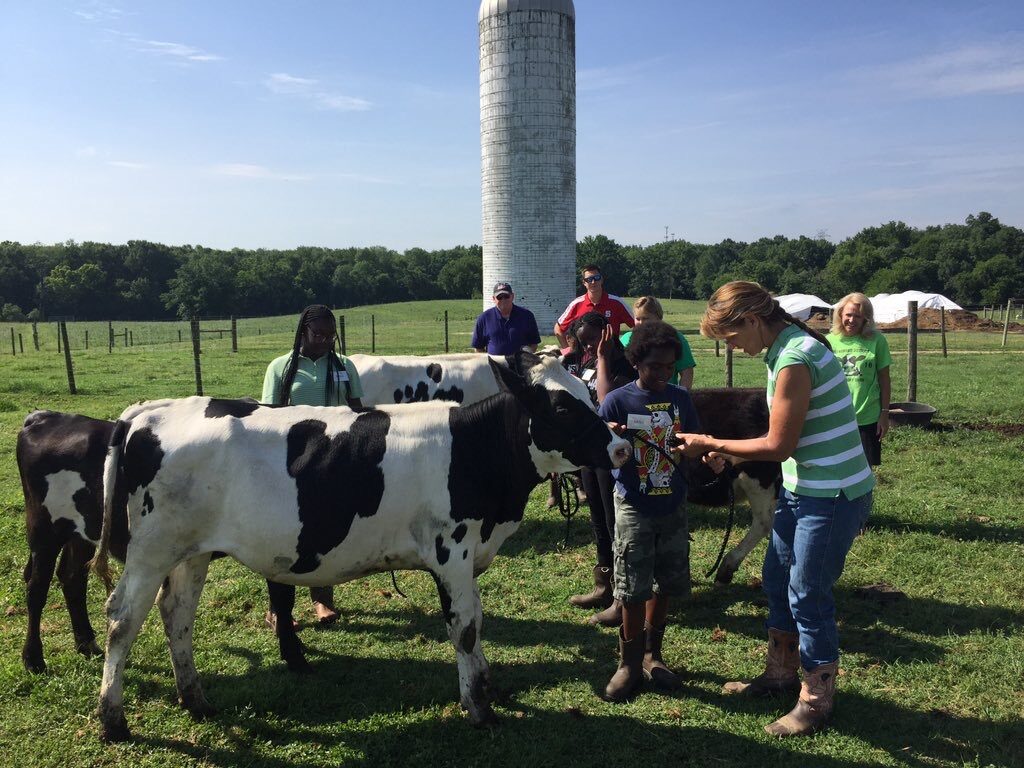Liability and Insurance
go.ncsu.edu/readext?774453
en Español / em Português
El inglés es el idioma de control de esta página. En la medida en que haya algún conflicto entre la traducción al inglés y la traducción, el inglés prevalece.
Al hacer clic en el enlace de traducción se activa un servicio de traducción gratuito para convertir la página al español. Al igual que con cualquier traducción por Internet, la conversión no es sensible al contexto y puede que no traduzca el texto en su significado original. NC State Extension no garantiza la exactitud del texto traducido. Por favor, tenga en cuenta que algunas aplicaciones y/o servicios pueden no funcionar como se espera cuando se traducen.
Português
Inglês é o idioma de controle desta página. Na medida que haja algum conflito entre o texto original em Inglês e a tradução, o Inglês prevalece.
Ao clicar no link de tradução, um serviço gratuito de tradução será ativado para converter a página para o Português. Como em qualquer tradução pela internet, a conversão não é sensivel ao contexto e pode não ocorrer a tradução para o significado orginal. O serviço de Extensão da Carolina do Norte (NC State Extension) não garante a exatidão do texto traduzido. Por favor, observe que algumas funções ou serviços podem não funcionar como esperado após a tradução.
English
English is the controlling language of this page. To the extent there is any conflict between the English text and the translation, English controls.
Clicking on the translation link activates a free translation service to convert the page to Spanish. As with any Internet translation, the conversion is not context-sensitive and may not translate the text to its original meaning. NC State Extension does not guarantee the accuracy of the translated text. Please note that some applications and/or services may not function as expected when translated.
Collapse ▲All farming is a public act to some degree, in that all commercial farm management decisions reach one or more persons among the general public, whether as consumers of farm products or simply coming into contact with the incidents of farming on the farm, on neighboring land, or in public spaces such as roads and markets. Sometimes, these interactions cause injury. When an injury occurs, a two-part inquiry is triggered: whether the injury traceable to the farmer’s operation, and whether the farm operator (or landowner) responsible for the damages incurred by the injured person. The second inquiry may be rephrased as: “Yes, this member of the public was injured (on the farm) (by eating the farmer’s product) (in a road accident involving farm equipment [or livestock]), but is the farmer liable for the injury?” This page discusses this question in the context of food safety, farm and land safety, and safe operation of vehicles in the public right of way. This page also discusses the farmer’s risk management decisions, particular whether to purchase insurance to defend and compensate injury claims caused by the farmer.
Livestock Liability
This section should answer questions on the status of North Carolina law regarding farm operator and landowner liability for injuries from animals on and off the farm. This publication is in response to questions from livestock agents and members of the public on such matters, such as when a cow pushes through a fence or gate and is discovered out on the highway by a motorist or law enforcement.
Products Liability
Farmers should understand the risks associated with selling products to the public, and how to mitigate those risks. While having appropriate insurance is often advisable, there is no substitute for following production and handling processes that reduce risk to the consumer of the final product.
Raw Milk
Selling raw milk for human consumption is illegal in North Carolina. Many feel that pasteurization of milk – a major public health achievement of the early 20th century – nonetheless removes beneficial attributes of milk in its raw form. While state laws generally require pasteurization of milk for its legal sale to consumers, states have begun to relax this requirement, including North Carolina. A forthcoming article will be linked here which will cover the “legalization” of raw milk and associated liability issues.
Land Premises Liability
Even if a farmer does not invite the general public onto the property, it’s important to understand the liabilities they may face. Even trespassers can expose landowners to liability, and landowners should take appropriate steps to protect themselves.
Farm Visitor Liability
Farm operations that invite customers from the public to their farm face increased liability. Farms have inherent risk of injury from elements such as livestock, land features, and equipment. North Carolina law offers some protection to farm operators from liability for injuries from inherent risks. This paper explores the concept of when an on-farm injury creates liability, as well as the details of statutory defenses.


